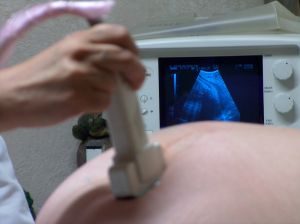When it comes to the dangers of medical devices or medications, the learned intermediary doctrine holds manufacturers responsible to describe the known risks to doctors, who in turn interpret those risks to patients. Patients then rely on the interpretations of their physicians to make informed medical choices. One effect of this, however, is that the manufacturer’s duty to warn of possible danger is to the physician who provides the medication, conducts the surgery or oversees treatment – not to the general public. 
But what if the doctor in question is receiving some sort of financial benefit from the manufacturer for prescribing or using a particular drug or device?
Recently, the U.S. Court of Appeals for the Eleventh Circuit weighed a request by plaintiffs to create a “financial bias exception” to the intermediary rule in a Florida product liability lawsuit stemming from a vaginal mesh injury. However, finding no such precedent or even discussion of it in previous decisions, the court declined to do so. Continue reading
 South Florida Injury Lawyer Blog
South Florida Injury Lawyer Blog



